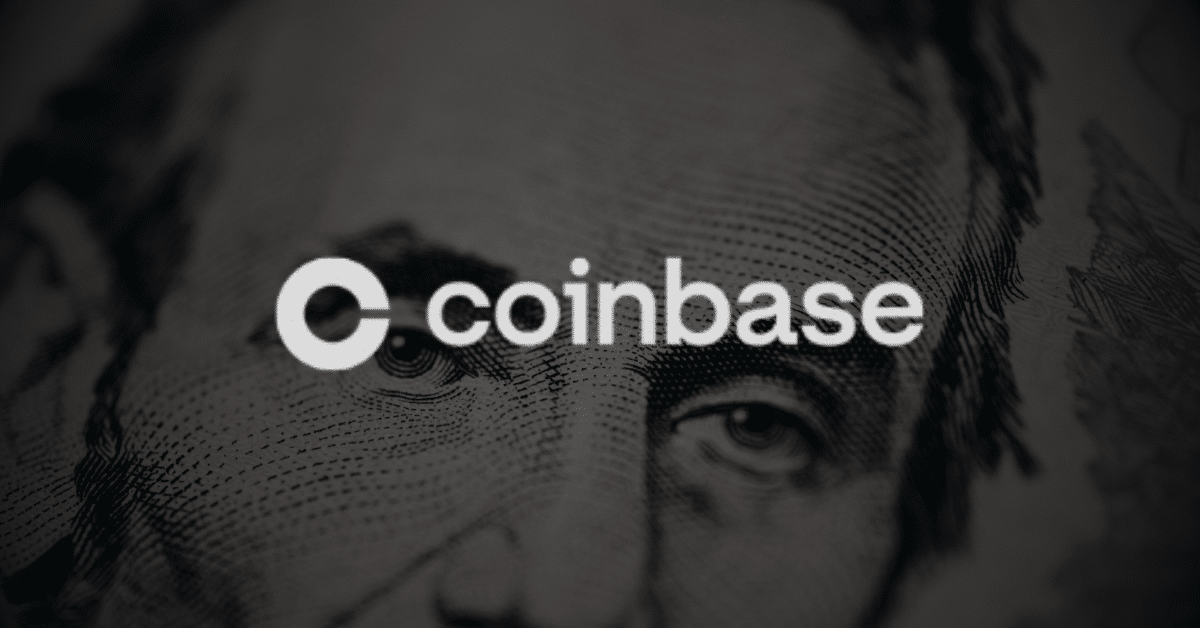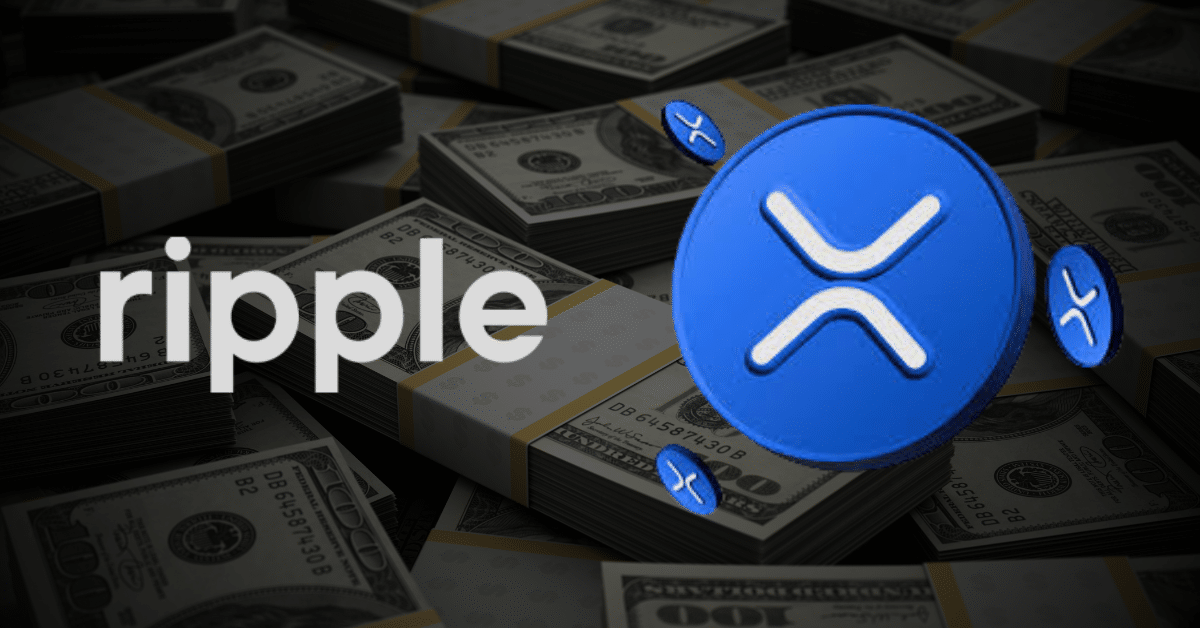Key Takeaways
- Dubai’s virtual assets regulator, VARA, has issued an updated activity rulebook to enhance compliance in the virtual assets space.
- UAE’s VARA updated the Rulebook to promote greater market discipline and risk transparency.
- The move marks the latest milestone in Dubai’s ongoing commitment to delivering a future-proof regulatory framework.
Dubai’s Virtual Assets Regulatory Authority (VARA) has given licensed digital asset companies a June 19 deadline to comply with its updated crypto activity-based Rulebook, which aims to enhance market integrity and risk oversight.
According to a May 19th press release, the Version 2.0 crypto activity-based Rulebook harmonizes compliance requirements across all licensed activities and gives more precise definitions for collateral wallet arrangements. The move marks the latest milestone in Dubai’s ongoing commitment to delivering a future-proof regulatory framework that balances innovation with robust market safeguards.
Strengthen Controls Surrounding Margin Trading
VARA further announced that its team will engage with all licensed crypto entities and expects them to comply with the contents of the new crypto activity-based Rulebook following a 30-day transition period.
The new crypto activity-based rulebook proposes enhanced supervisory mechanisms covering the entire digital asset spectrum, including advisory services, crypto broker-dealer services, custody services, crypto exchange services, crypto lending and borrowing services, virtual asset management and investment services, and virtual asset transfer and settlement services.
Among the improvements in Version 2.0 are proposals to strengthen controls surrounding margin trading and token distribution services, more precise definitions for collateral wallet arrangements, and harmonized compliance requirements across all licensed activities. Commenting on the development, Ruben Bombardi, VARA’s General Counsel and Head of Regulatory Enablement VARA, stated:
“Our commitment remains to ensure that innovation and compliance go hand in hand. These rulebook updates reinforce the foundations of a responsible, scalable ecosystem.”
Engage Directly with Crypto Entities
The proposed updates promote enhanced market discipline, increased risk transparency, and operational resilience across Dubai’s VA ecosystem. In line with existing regulatory practices, all virtual asset service providers have been given a 30-day transition period and are expected to comply fully by June 19, 2025. The VARA statement said in part:
“In line with global regulatory best practices, a 30-day transition period has been granted to all impacted virtual asset service providers [VASPs], with full compliance required by June 19, 2025.”
The VARA Supervision Teams will engage directly with each licensed entity to provide activity-specific guidance as needed.
Conclusion
By setting a June 19 deadline for virtual asset industry players to comply with the improved crypto activity-based Rulebook, Dubai aims to boost oversight across the virtual asset landscape by standardizing key terms and aligning risk management rules to reduce ambiguity and ease compliance for VASPs. This move makes VARA the pioneer of a dedicated virtual assets regulator in the world. The regulator has already licensed over 30 VASPs, including Binance, OKX, Crypto.com, and Gate.io.
Frequently Asked Questions
What are the new rules for cryptocurrency in Dubai?
An earlier crypto token framework that came into force in June 2024 requires all crypto companies to adhere to enhanced requirements for the admission of crypto tokens, updated rules on custody and client asset protection, and strengthened AML measures.
What is the UAE crypto regulation agreement?
UAE crypto companies are required to strictly comply with KYC, AML, transaction monitoring, cybersecurity, and licensing rules enforced by UAE regulators and aligned with FATF standards
Why are crypto millionaires moving to Dubai?
Crypto owners see Dubai as the ultimate crypto heaven because the state offers numerous advantages for crypto investors, including Zero Personal Income Tax, no taxes on crypto gains, salaries, or investments, and easy access to global banking and fiat-to-crypto transactions.























